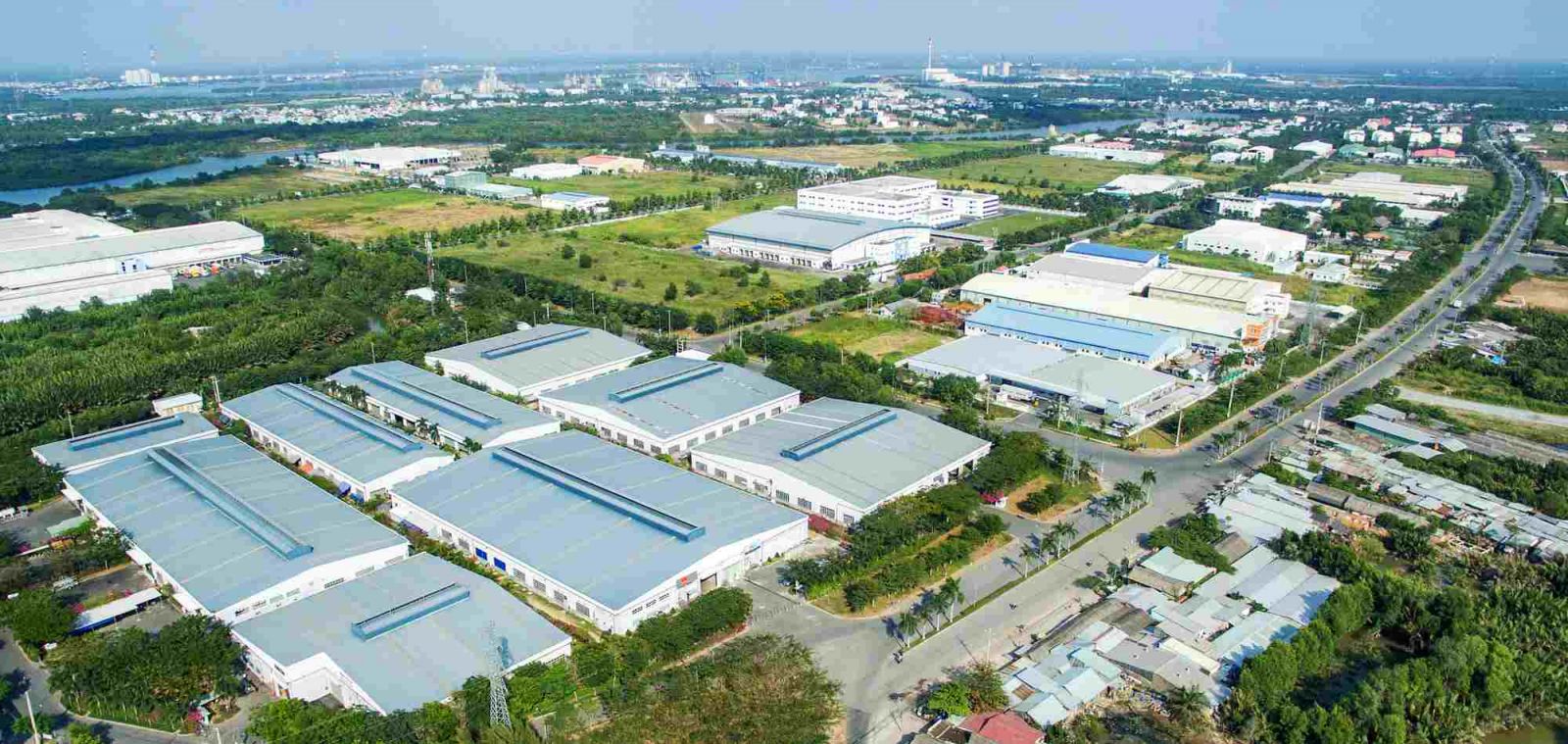At a seminar held in Hanoi on June 12, the Ambassador repeated the Swiss Government’s commitment to helping Vietnam in turning its economy into a greener one.
This seminar was organized to review the outcome of an initiative on developing eco-IPs towards sustainable IPs in Vietnam which has been carried out by the Vietnam’s Ministry of Planning and Investment and the United Nations Industrial Development Organisation (UNIDO) since 2014.
Reportedly, the project had a total investment of $5 million funded by non-refundable aid from Swiss Government and the Global Environment Facility (GEF).

Hoa Khanh industrial park in Da Nang.
The project was piloted at Gian Khau and Khanh Phu IPs in the Northern province of Ninh Binh; Hoa Khanh IP in Da Nang city; and Tra Noc 1 and Tra Noc 2 IPs in Can Tho city.
Firms participating in the project were provided with technology and clean production solutions to save energy, water and costs of raw materials, as well as ensure wastewater treatment and chemical safety.
Thanks to these technologies and solutions, they have saved over 22,000 MWh of electricity, 600,000 m3 of clean water, 140TJ of fossil fuel, and nearly 3,600 tonnes of chemical and waste so far, equivalent to more than $6.5 million each year.
Speaking at the seminar, Head of the Ministry’s Department for Local and Regional Economy Tran Duy Dong praised positive impacts brought about by the project.
The initiative has led to the issuance of regulations on eco-IPs as part of the Government’s Decree 82 on the management of industrial and economic zones, which took effect in July 2018, said Mr Dong. The decree was the Vietnam’s first legal document that regulates the shifting from normal IPs to eco-ones.
UN Resident Coordinator in Vietnam, Kamal Malhotra, said the initiative is in line with the UN’s strategic plan in Vietnam for 2017-2021, which prioritises climate adaptation capacity and partnerships for a sustainable and inclusive economic growth model.
Le Thi Thanh Thao, UNIDO representative in Vietnam, highlighted that the success of the project would create a foundation for the replication of the eco-IPs model across the country in the future, contributing to protecting the environment and attracting quality investment, particularly from the private sector.


















